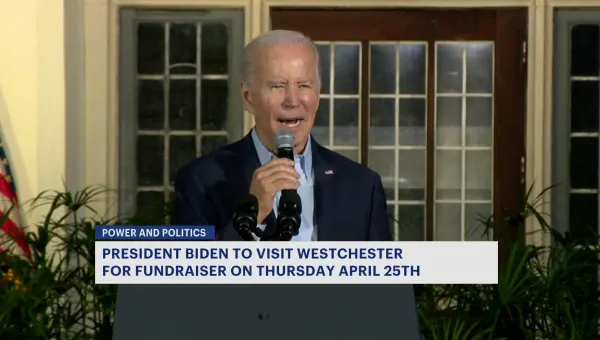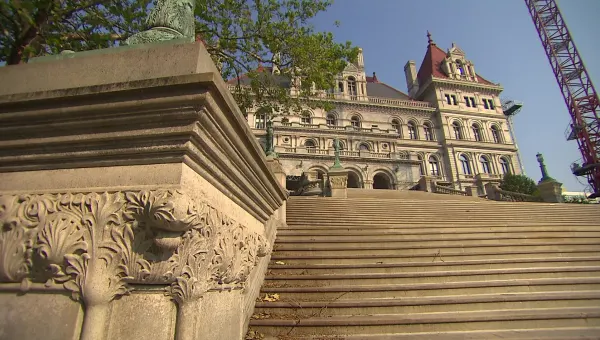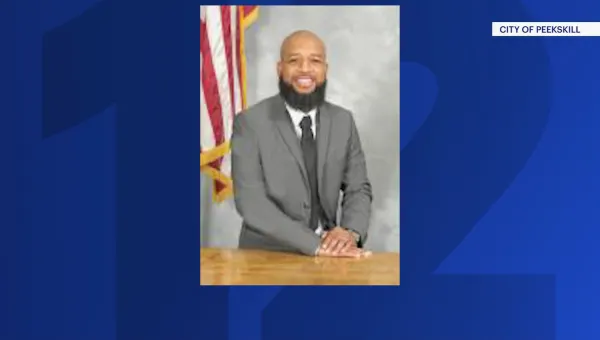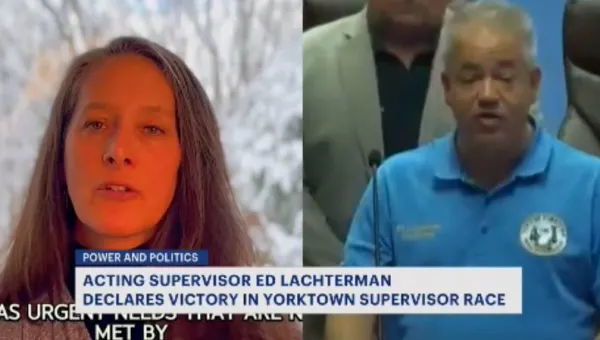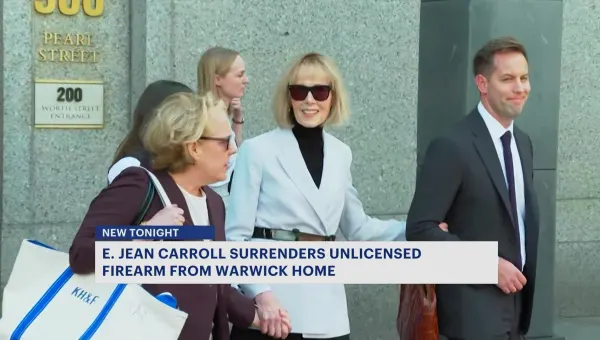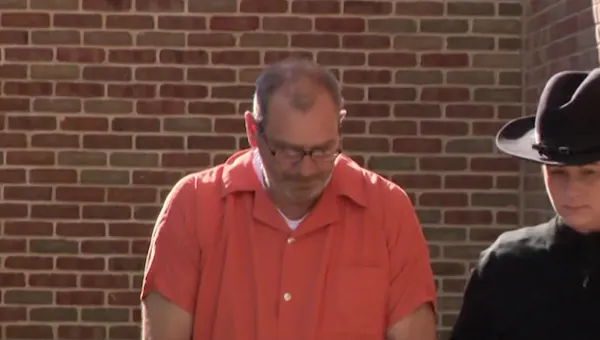As Congress debates, Connecticut expands its Red Flag Law for guns
On Tuesday, Gov. Ned Lamont pressed the federal government to act swiftly during a news conference at the Windsor Police Department.
News 12 Staff
•
Jun 14, 2022, 11:03 AM
•
Updated 673 days ago
Share:
More Stories
2:34

Guide: Safety tips to help prevent home burglaries
44ds ago0:48
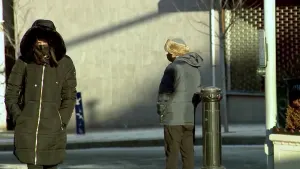
How to protect yourself against frostbite during arctic chill
89ds ago1:31

What's Cooking: Uncle Giuseppe's Marketplace's prime rib roast
127ds ago2:19

Guide: Safety measures to help prevent fires and how to escape one
192ds ago2:07

Tips on how to avoid confrontation with sharks while swimming in the ocean
276ds ago2:33

5 tips to prevent mosquito bites and getting sick from viruses
287ds ago2:34

Guide: Safety tips to help prevent home burglaries
44ds ago0:48

How to protect yourself against frostbite during arctic chill
89ds ago1:31

What's Cooking: Uncle Giuseppe's Marketplace's prime rib roast
127ds ago2:19

Guide: Safety measures to help prevent fires and how to escape one
192ds ago2:07

Tips on how to avoid confrontation with sharks while swimming in the ocean
276ds ago2:33

5 tips to prevent mosquito bites and getting sick from viruses
287ds agoConnecticut just expanded the state’s landmark “Red Flag Law,” as Congress considers offering other states incentives to pass similar protections.
On Tuesday, Gov. Ned Lamont pressed the federal government to act swiftly during a news conference at the Windsor Police Department.
"This is an important tool for law enforcement, to be able to take guns away from those that have shown that they shouldn't be having guns,” said Windsor Police Chief Don Melanson.
Connecticut became the first state in the nation to pass a Red Flag Law in 1999, after a mass shooter killed four co-workers at Connecticut Lottery headquarters. Since then, nearly two dozen others have followed suit, including Republican-led states like Indiana and Florida.
"There are clear instances where a tragedy was imminent and police were able, because of this mechanism, to intervene,” said Mike Lawlor, a former state legislator who helped craft the original law.
The revised Red Flag Law took effect this month. Now, more people can seek an order -- including dating partners, roommates and medical professionals – and they can apply for a risk warrant directly with the courts, bypassing police.
Judges can now hold weapons indefinitely; before, extreme risk warrants were limited to one year. However, gun owners have more rights too. They can now petition to get firearms back every six months, instead of waiting a year.
The new law also closed a loophole that let people buy new guns after their old ones were seized.
About 200 extreme risk protection orders are filed each year, according to the state Judicial Branch.
In 2019, Norwalk police used the law to seize guns from Brandon Wagshal, a former college student who had amassed an arsenal of illegal high-capacity magazines. According to an arrest warrant, Wagshal posted “PLANNING MASS MURDER!!!!” on his Facebook page. Years earlier, he allegedly told middle school classmates, “I’ll make Virginia Tech look like nothing.”
Wagshol was sentenced to four years in prison after pleading guilty to second degree assault and weapons charges.
Last year, his mother pushed lawmakers to expand the Red Flag Law.
"When arrested, Brandon stated it was his intention to build a high-capacity firearm,” Joanne Kirson told a public hearing in 2021. “He told me that he was 90% done with building the firearm."
But critics say accusers can abuse the Red Flag Law, and that it’s nearly impossible for gun owners to get their weapons returned.
"I think we need to have real conversations about what works and what doesn't work,” said Holly Sullivan, president of the Connecticut Citizens Defense League, the state’s largest gun rights group.
If police seize weapons, they must prove “probable cause.” But civilians who petition courts directly only face a “reasonable belief” standard.
Either way, courts must hold a hearing on the risk order within 14 days, but judges almost always approve a longer hold.
Sullivan believes the Red Flag Law actually discourages gun owners from seeking out safe storage on their own with groups like Hold My Guns.
"Those organizations cannot actually do their mission here in Connecticut due to our transfer laws,” she said. “Because we put this law in place, the very people that own firearms don't have access to the resources that could actually help them.“
Back at Windsor police, supporters say Connecticut’s Red Flag Law could work better if more states pass them.
"We don't have moats and walls around our states,” said state Rep. Maria Horn (D-Salisbury), co-chair of the legislature’s Public Safety Committee.
